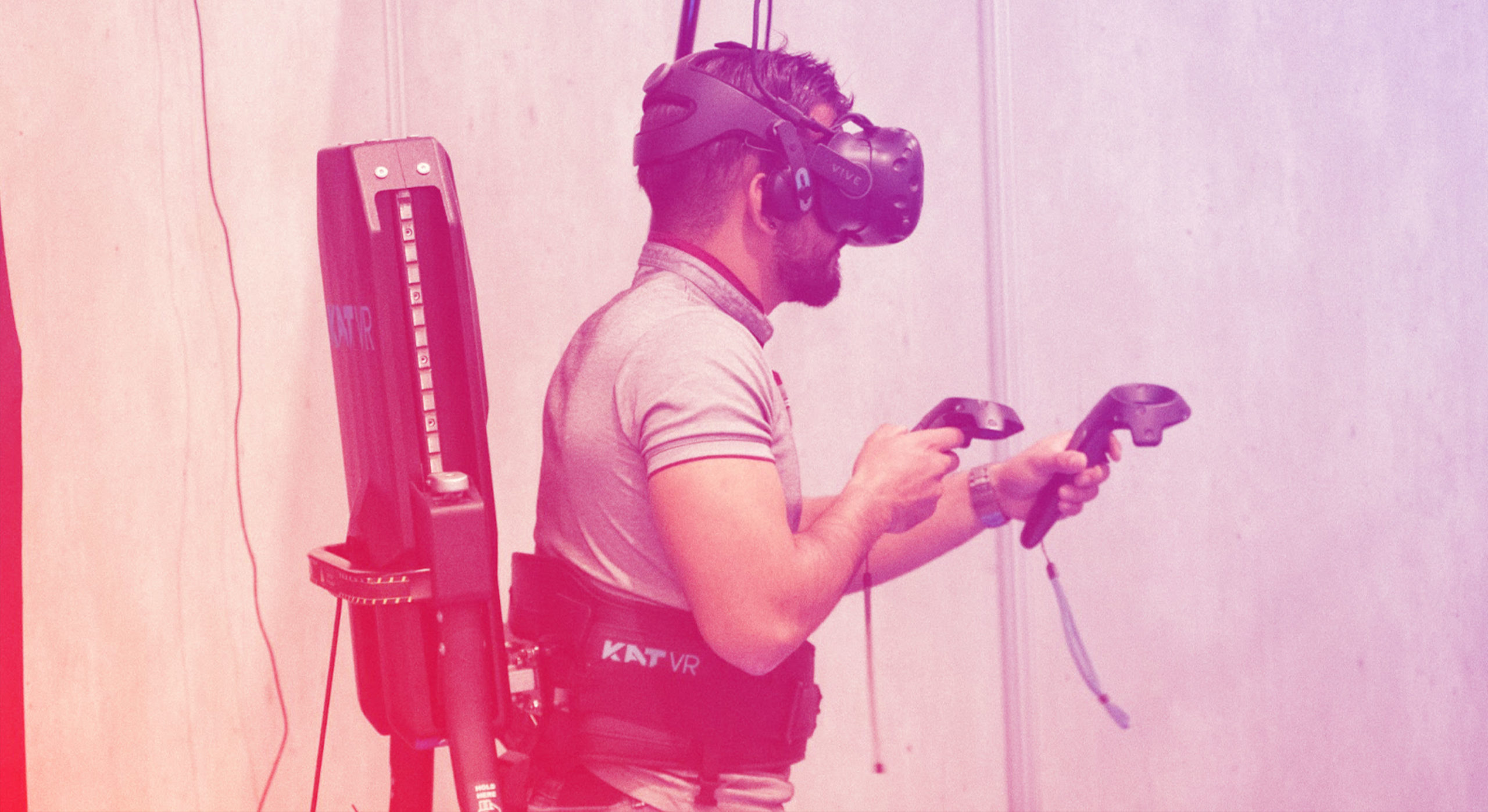Partner profile: The Music Computing Lab at OU and the ACCESS Pilot
Dr. Simon Holland founder and director of the Music Computing Lab at Open University introduces their fascinating work and the ACCESS Pilot

The Music Computing Lab at The Open University is a research lab focused on empowering musicians, illuminating musical activities, and modelling music perception and cognition. Our research draws on musicology, neuropsychology, ethnography, pervasive technology, wearables, haptics and machine learning. Our work is innovation-driven. For example, we have recently developed tools to foster creativity in expert drummers, a new graphical music programming language for non-musicians and new forms of nonlinear expressive interaction for digital musicians, among many other interesting projects. Since 2010, the lab has attracted external research funding totalling around £4.5 million, supervised seventeen PhD students to completion, hosted around twenty research interns, and published over 160 refereed articles.
Our research on wearable haptics and music has led to exciting collaborations with the major theatre and music events such as Stables Theatre and the Milton Keynes International Festival. We teamed up to find new ways to promote the inclusion of people with physical, learning and sensory disabilities, such as profound deafness, both as audiences and performers. Since 2014, our lab has started investigating medical applications of our research. In this framework, our haptic wearables that were designed for coordinating the limb movement of drummers became key tools for improving the mobility of people with stroke, Parkinson’s, cerebral palsy and Huntington’s disease. In Polifonia, we are bringing our expertise and experience to the #ACCESS pilot. In this use-case, we co-design, develop and evaluate wearable haptic technology to enable people who are Deaf or hearing impaired to engage as audience members in live performances.
Photo by Stéphane Bernard on Unsplash










